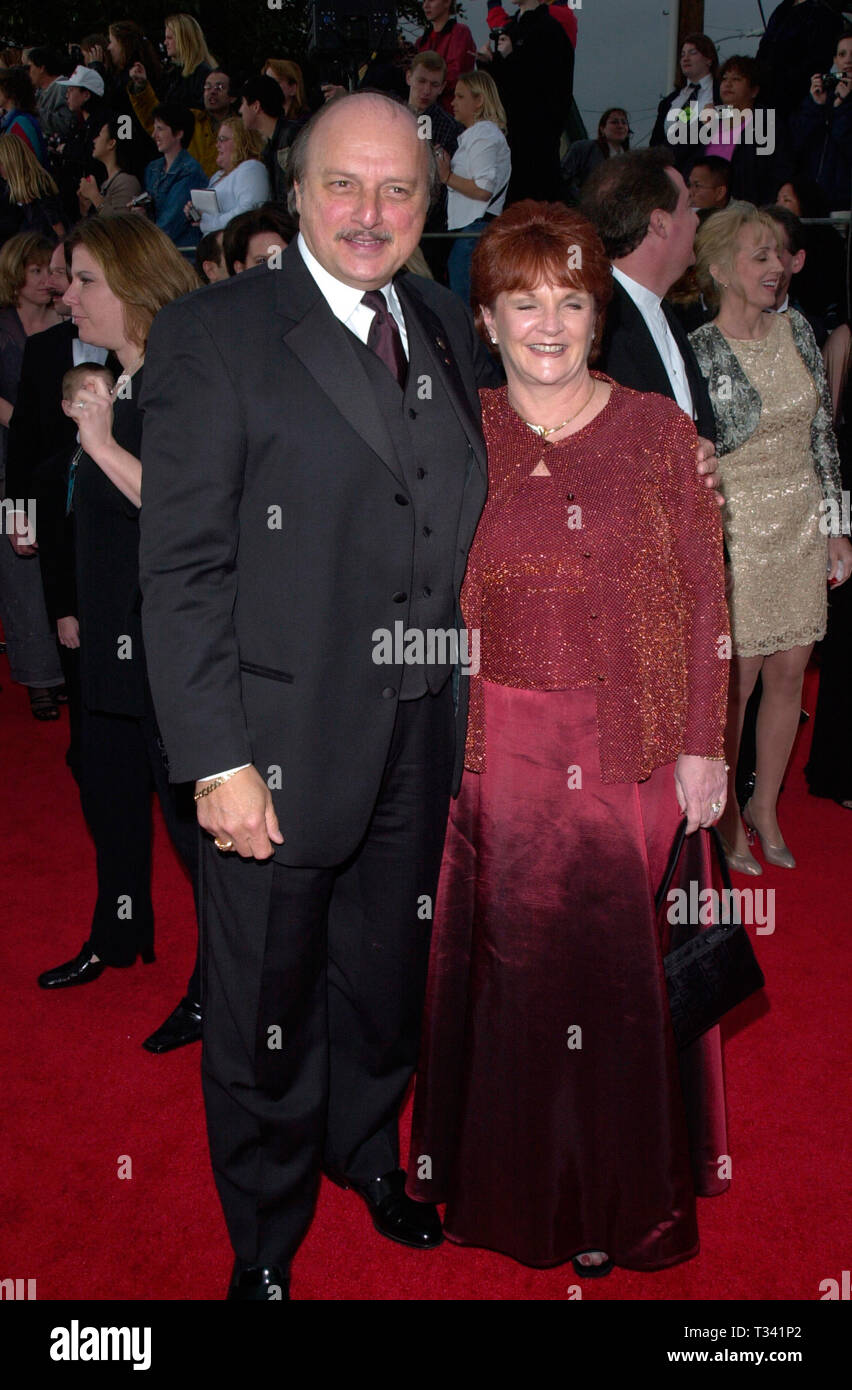

Even though there was a majority of Slavs in the Empire, Germans had the upper hand. Yet many ethnic groups were not satisfied. At this time Franz Joseph became the most revered member of the Habsburg dynasty because he had shown that he could compromise. After the Dual Monarchy was established, the economy became more capitalist, and many railways were built. This painful loss resulted in the Austro-Hungarian Compromise of 1867, in which the Emperor and Hungary formed a state of dualism, making the empire a single state for war and foreign affairs but leaving Hungary’s internal issues to Hungary. Austria lost the Second Italian War of Independence and then the Austro-Prussian War of 1866, a defeat that help trigger the Empire’s downfall. With the growth in the industry during the 1860s, the bourgeoisie emerged, and they competed with the aristocracy. Reforms to modernize Austria were instigated, and industrialization arose. Reforms and defeatsĪ constitution was passed in 1861. This era was also one the disappointments in terms of foreign affairs, which brought absolutism to an end.

Fortunately, the Emperor was donning a high, sturdy collar that saved his life. There was an attempt on his life in 1853 when Hungarian nationalist János Libényi stabbed him in the neck from behind. The era of absolutismĭuring the 1848 to 1860 absolutism era in the Empire, Franz Joseph was well respected and was the glue that held the Empire together during tough times. Another significant factor – one that would affect Franz Joseph throughout his reign – was the emergence of nationalistic tendencies throughout Europe. His uncle, Ferdinand I, had abdicated to try to put a halt to the revolutions in which people advocated democracy and participation in government and expressed their discontent with political leaders. It was in Olomouc on December 2, 1848, that Franz Joseph became Emperor at the early age of 18. The family finally fled to Olomouc in Moravia during the troubled days of 1848. In 1885, though, Franz Joseph had taken actress Katharina Schratt as his mistress and felt justified in securing Schratt for himself due to his wife’s physical and emotional distance. His wife, nicknamed Sisi, was assassinated by an Italian anarchist in 1898, an event that emotionally crushed Franz Joseph. They had two other daughters, Gisela and Marie Valerie. To make matters worse, their first daughter Sophie died at a young age, and their only son Rudolf killed himself. However, the marriage was fraught with tensions that were both personal and political they were by no means the ideal couple. When Elisabeth was 16, he fell in love with her and married her in Vienna on April 24, 1854. He first met his future wife, his cousin, Elisabeth, in Innsbruck, when he was 10 years old, though he was not yet smitten by her. Soon, though, he joined his family in Innsbruck, where they had taken refuge from the demonstrations and rebellions in Vienna. Franz Joseph’s childhood was brief – at age 13 he had already taken up the position of colonel in the Austrian army, for which he fought on the Front in Italy in May of 1848. His sister, Maria Anna, passed away when she was only four. He had three younger brothers – Archduke Ferdinand Maximilian (born 1832), Archduke Karl Ludwig (born 1833), and Archduke Ludwig Viktor (born 1842). ChildhoodĪs a child Franz Joseph worshipped his grandfather, who died when he was almost five years old. He would become the most respected and most beloved member of the Habsburg dynasty, ruling the Austrian Empire and then the Austro-Hungarian Empire for 68 years, the third-longest reign in the history of Europe. Born on August 18, 1830, in Vienna’s Schönbrunn Palace, Franz Joseph was the oldest son of Archduke Franz Karl and Princess Sophie of Bavaria.


 0 kommentar(er)
0 kommentar(er)
